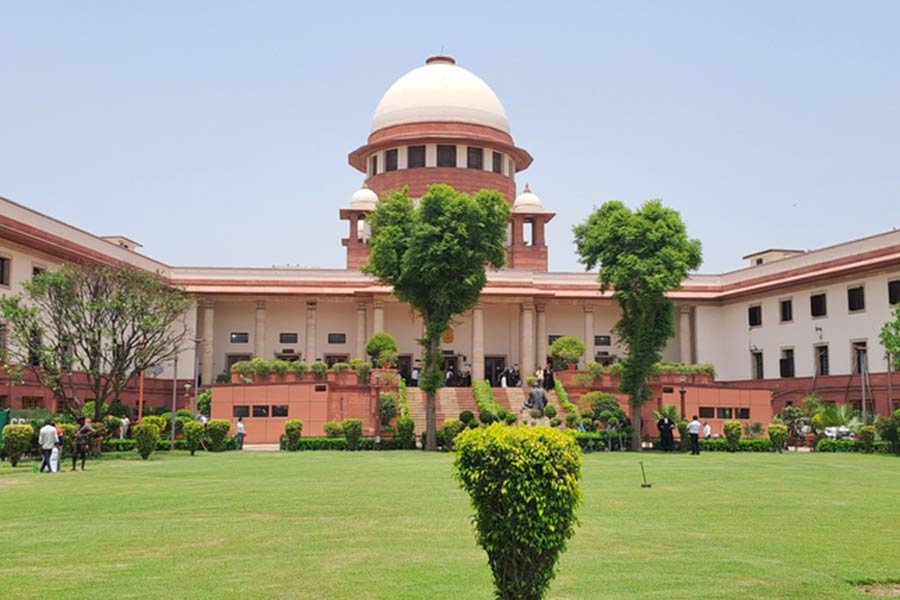The Aligarh Muslim University fraternity and members of the All India Muslim Personal Law Board have welcomed the Supreme Court order on the minority status of the university, saying it has reaffirmed the principles on which the institution was established.
The Supreme Court on Friday deferred the question of AMU’s minority status to a new bench while overruling a 1967 judgment that said the university cannot be considered a minority institution since it was created by a central law.
Faizan Mustafa, a constitutional law expert and former AMU registrar who had filed the case in the Supreme Court in his ex-officio position, told PTI: “It is a comprehensive win for minority rights in general and AMU in particular.”
Historian Rahat Abrar, former director of AMU’s Urdu Academy who played a key role in providing historical documents to legal experts in the case, said the judgment had validated the AMU community’s claims.
He said the AMU had always maintained that the case should be decided on the basis of historical evidence relating to the identity of the organisations and individuals who had envisaged the institution and worked for its establishment.
AMU Teachers Association secretary Mohammad Obaid Siddiqui said the judgment “reaffirms the foundation principles on which this institution was established”.
Khalid Rashid Firangimahli, a cleric and member of theAll India Muslim PersonalLaw Board, too welcomed the judgment.
“We hope this debate will be settled once and for ever. It (AMU) was founded essentially to bring Muslims into the mainstream of educational life, and the university should continue with the same motive,” he said.
Mohammad Saif, a student of MA history at the university, said: “We exchanged sweets after hearing the Supreme Court…. The court order will help lakhs of future students to secure admission hereand grow.”
Samajwadi Party spokesperson Ameeque Jamei said: “It’s a victory for AMU members and the Constitution. We all are happy.”










